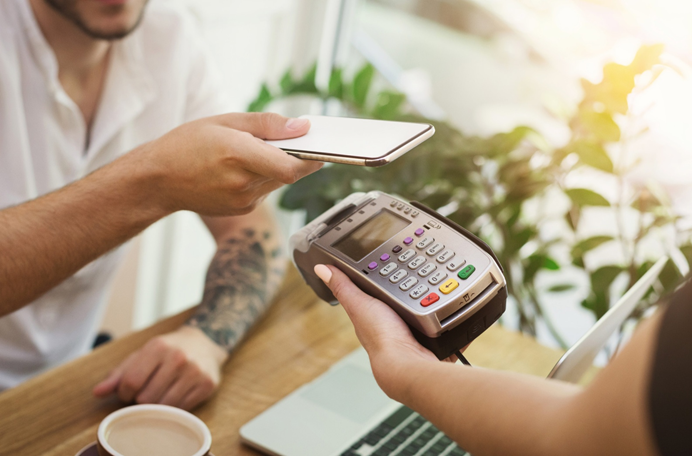POS is a business lifeline. Especially if you are in retail.
We have moved past the days of traditional cash registers and accelerated to systems that can manage inventory and sales and encompass customer experience.
Since the first barcode was scanned in the 70s, sales systems have advanced. And today traditional POS systems have turned into smart financial hubs.
Your POS system is a combination of both POS software and hardware solutions that help retail businesses manage their daily operations.
And if you are in retail, you may be wondering what types of POS systems to pick for your business. Keep reading to know which may be perfect for you.
Seven Different Types of POS Systems
Regardless of the type of service you offer, the right POS system can help you increase sales. But with so many types of POS solutions on the market, it is hard to know which is right for your business.
The wrong pick will not only cost you money, but it will also cost you customers. The first step to picking the right POS solution rests in knowing your business needs.
Example? A smaller business will have different POS needs than those of a large retailer.
Check out more info on how to avoid common POS mistakes.
Below are the different types of POS systems:
1. Mobile POS System
This system is ideal for mobile vendors. So ice-cream shops, food trucks, and street vendors have a friend in this system.
The mobile system is a simple solution that often has no upfront costs. The software can be installed onto a smartphone and the POS hardware is connected to the phone via the headphone jack. This hardware is a credit card reader that helps vendors carry out transactions.
2. Terminal Solution
We go back to our cash registers. But of course, they are more advanced.
Terminal cash solutions are famous in supermarkets, salons, and even spas. Wherever there is a checkout point, you will find this sales solution.
The terminal point-of-sale system helps employees capture daily earnings and inventory. The software portion allows for data entry. While the hardware portion is cash drawers, barcode scanners, receipt printers, and card readers.
3. Online Point-of-Sale System
An online POS system doesn’t necessarily require any hardware investment. Often it can be run from your laptop or desktop.
Who should be considering this solution? This web-based service is best for retailers with low sales volume.
4. Tablet System
The tablet POS system is like a simpler version of the terminal system. It is often a little stand with a tablet for customers.
This system can also be found at order tables in restaurants, to make for a safer ordering journey.
5. Self-Service Kiosk
Self-service is the key in this system, especially after the pandemic.
Self-service kiosks are like terminal checkouts that allow customers to scan and pay for their products, all without a cashier.
Self-service kiosks have POS hardware like card readers, displays, receipt printers, etc. It is like a terminal checkout minus the cashier. These solutions are popular in grocery stores and movie theaters.
6. Multichannel System
The multichannel point-of-sale system can connect to all your commerce channels. This allows you to interact with your clients regardless of where they interact with your products.
Be it from your physical store, social media, or even third-party sites, the multichannel system allows you to track your customer sales journey.
7. Cloud-Based POS System
As you probably guessed, this system is a web-based solution. And as it is with cloud-based applications, you won’t need an on-premises server.
The cloud-based POS system can is accessible via the internet from any device.
Picking the Right POS System
As a retailer, it is important to track your sales journey and customer experience. When it comes to picking the right types of POS systems for your shop, the seven above will help you run an efficient sales channel.
For more content on business, follow our blog.










